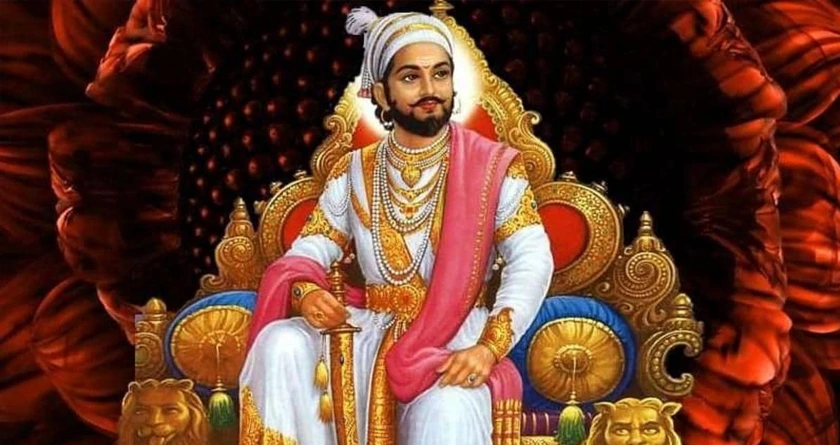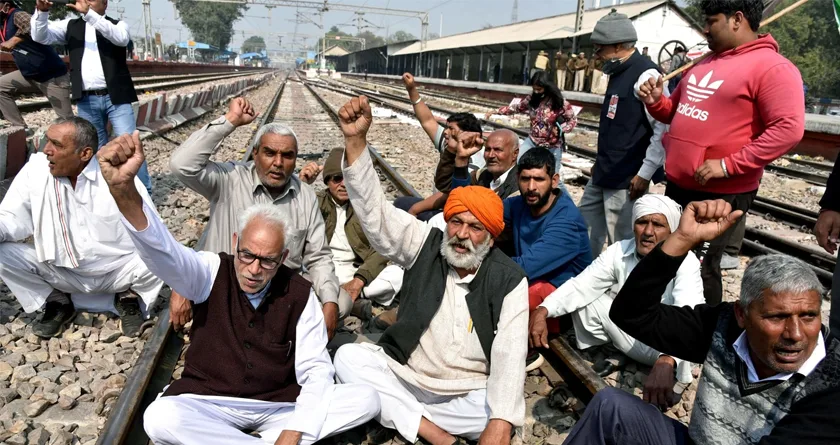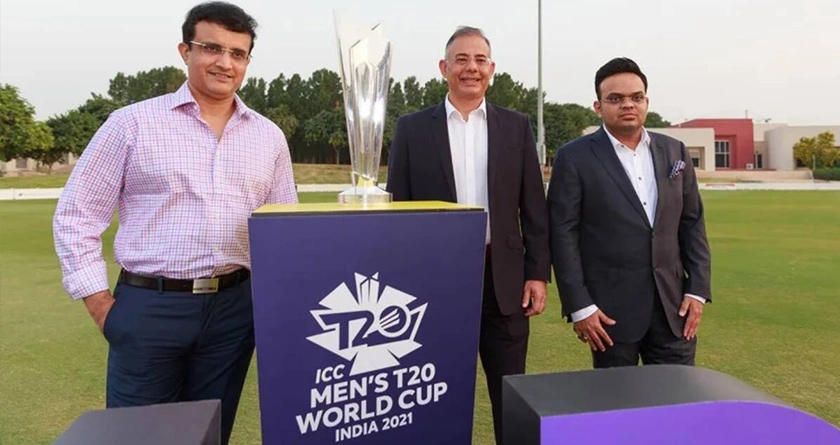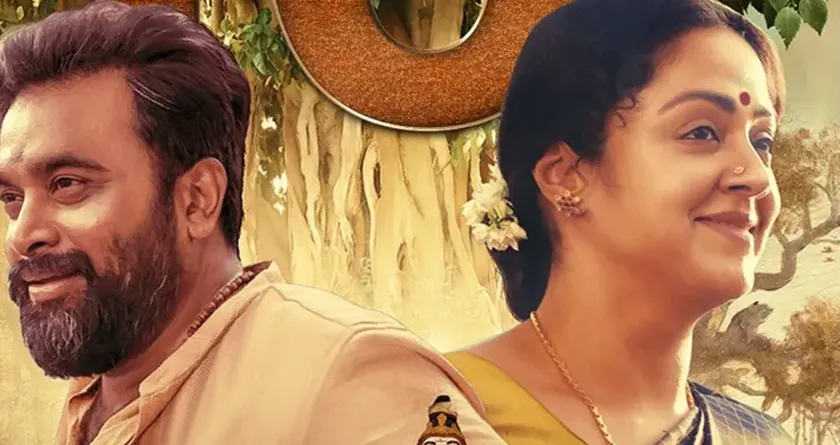
What were the roots of Chhatrapati Shivaji Maharaj Like?
What made the ‘Maratha Tiger’ what he actually was…learn more…
Friday, 23rd April 2021
Chhatrapati Shivaji Maharaj, the great historical personality who had laid the foundation stone of the Maratha Empire in India is still recalled with utmost reverence all across India and especially Maharashtra. Tales of his wit, grit and heroism are known to all and his humble beginnings are a source of all those attributes. He is also differently referred to as the ‘Maratha Tiger’. Shivaji’s career as a warrior king proved his immense chivalry at every stage even though he departed from this world 300 years back on the 19th of February, 1627. Chhatrapati Shivaji Terminus rail station and the Chhatrapati Shivaji International Airport in the state of Maharashtra have been named after him. The legacy of Chhatrapati Shivaji Maharaj has become far more stronger as the personality of the warrior king is shaped to a Hindu avenger’s image.
Shiv Sena, the ruling political party in Maharashtra aims at upholding the rights of the native Hindu Marathas and thus, hails Chhatrapati Shivaji Maharaj primarily for his the stance he had adopted against the Mughals.
However, it is the roots of the warrior king that actually align with the Shiv Sena political party’s cadres, as the majority of these cadres are from the lower classes and middle classes of the native Maratha community, explains celebrated historian, professor & author Sunil Khilnani in his book titled as 'Incarnations', which had been a BBC Radio 4 series originally.
That isn’t considered as any lowly feat for someone who did not have the royal roots. And it is actually this particular aspect of Shivaji’s life that brings him close to the grass-root levels and the underprivileged sections of the population.
The Maratha community was "proud-spirited and warlike" as described by Xuanzang, the celebrated pilgrim and scholar from China who came up with this description about 1000 years before Shivaji came into being. Since a major part of the state of Maharashtra lies on the Western Deccan Plateau’s rugged terrain, life wasn’t much easy out there.
Since the state wasn’t much rich, the so-called societal rich weren’t much wealthy either. Those with dearth of money in most cases joined the battalion as that allowed one a good chance to soar in society. Shahji Bhonsle, father of Shivaji, was no exception.
Also Read ; The Tale of Muziris
He was a low-caste army leader in Sultan Adil Shah’s army. Adil Shah ruled over most of the Mughal sultanates across the Deccan. Later Shahji Bhonsle moved towards the south and got a second family. Young Shivaji was left with Jijabai, his mother. Jijabai’s influence on Shivaji was immense and interestingly she hailed from an Upper Yadava Caste while Shahji whom she had married was from a lower caste. The young Shivaji took control of the small patch of area around Pune that Shahji, his distant father, had assigned to his distant son for administering. But the adolescent Shivaji wasn’t satisfied much…so, he set out to conquer nearby forts that were owned by his father’s employer Adil Shah. In the context, Professor James Laine writes in his book that Shivaji’s young-age military gestures of conquering forts could possibly have some connection with the higher clan to which his mother Jijabai belonged as the Yadavas were believed to be successors of Lord Krishna, thereby having blue blood in their veins.
The News Talkie Bureau
Source:
Indiatoday











